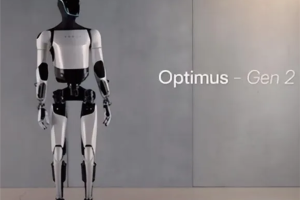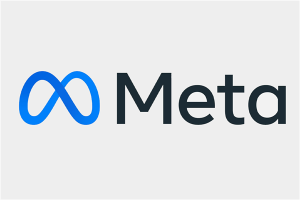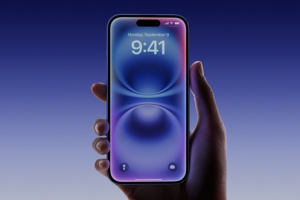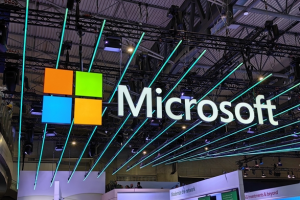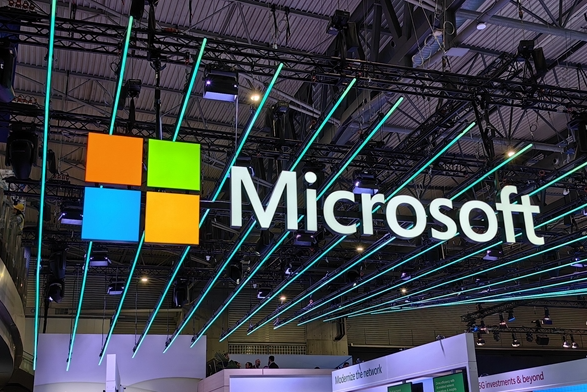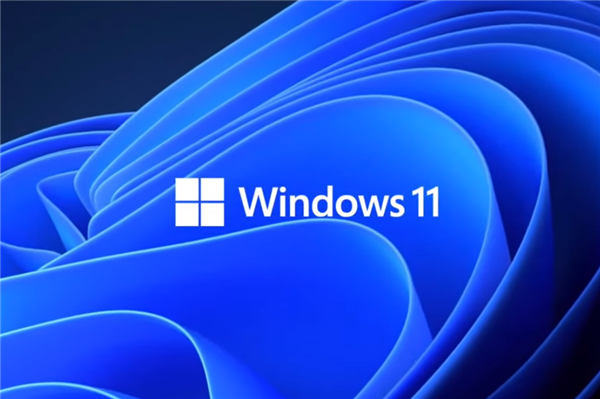April 07, 2024 – For a long time, JPEG has been a prominent image compression format. However, it has notable drawbacks, including quality loss and compression artifacts during the compression process. Recently, Google released Jpegli, an open-source encoding library that promises to address these issues.

The need for Jpegli arose from website optimization demands, specifically to enhance webpage loading speeds by striking a balance between image compression and quality. Remarkably, Jpegli boasts a compression rate superior to existing methods, claiming up to a 35% improvement, while preserving high image quality. Additionally, it offers full compatibility with current JPEG encoders and decoders, supporting the standard 8-bit format and optionally, 10-bit and higher formats for reduced compression artifacts.
According to Google, Jpegli provides better image quality at the same bit rate compared to traditional encoders. For instance, in tests, Jpegli demonstrated superior image quality at a 2.8 BPP bit rate, outperforming libjpeg-turbo at a 3.7 BPP bit rate, which is 32% higher.
While Google hasn’t delved into the specifics of Jpegli’s mechanisms, its efficacy lies in leveraging advanced techniques to minimize image noise and retain finer details within smaller files. These advancements are partly influenced by Google’s previous work on the JPEG XL format.
The technology’s compatibility with existing browsers and image processing tools, coupled with its ability to maintain excellent image quality while compressing file sizes, makes it highly appealing.
Currently available on Github, Jpegli is open to exploration by interested developers. For the average user, this signifies potentially faster image loading times and reduced data usage when browsing the web. Although Google has not announced any specific plans, industry observers speculate that Jpegli could soon be integrated into Google products like Google Photos. A potential 30% reduction in image storage requirements, without sacrificing quality, would significantly ease the burden on Google’s servers.

